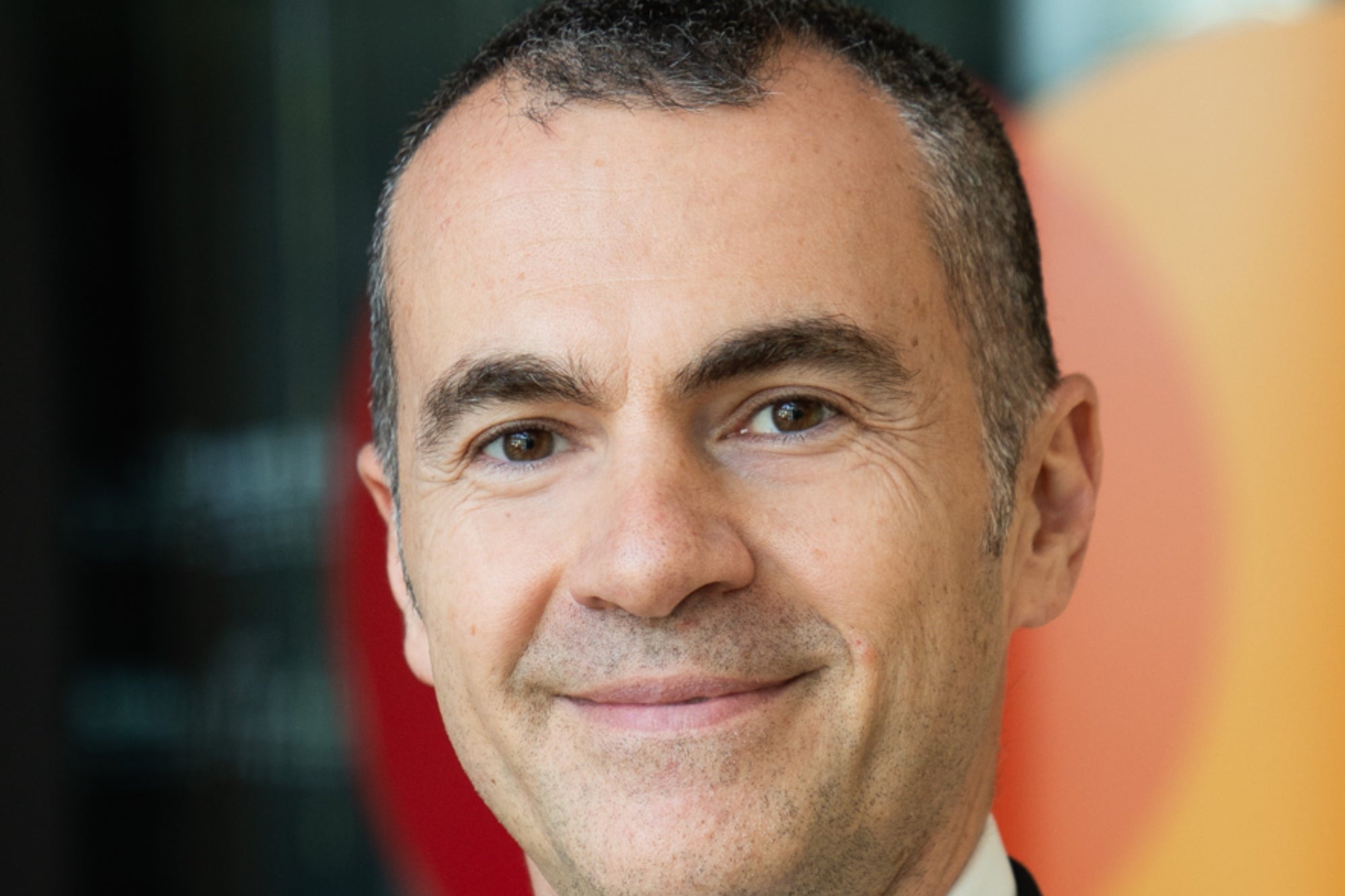Welcome To The Age Of Good It's clear that companies have reached the end of the road with CSR, and that there is a need to embark on a new era- an era where businesses actually and effectively make the world better.
By Marc Cirera
Opinions expressed by Entrepreneur contributors are their own.
You're reading Entrepreneur Middle East, an international franchise of Entrepreneur Media.

Corporate social responsibility (CSR) gained traction in the 1980s, as it was a period where governments gave businesses a lot of freedom in the name of encouraging profitability and economic growth. Unfortunately, this carte blanche allowed business leaders to commit a number of unethical and irresponsible acts, such as throwing barrels of chemicals into the ocean, and dumping large amounts of non-biodegradable waste into landfills. In this world, CSR not only made a lot of sense– it was essential. The world needed a way to talk about businesses' behavior, and businesses needed a way to offset their negative impacts, and protect their reputations.
Since then, we've witnessed a number of evolutions. In the 90s, the triple bottom line (TBL) framework, or the three Ps (People, Planet and Profit), came into play. In the nineties, the term, "sustainability" became increasingly popular. Many companies then started to create their own unique programs, such as Marks & Spencer's Plan A, or Nestle's Creating Shared Value. Nowadays, most companies are jumping onto the Sustainable Development Goals (SDGs) bandwagon. At the end of the day, these are simply newer versions of the same CSR ideology, which implies that businesses have a legal and moral obligation to operate in a certain way, and are expected to give back to their communities. For CSR advocates, the solution to the world's most pressing issues rests in the hands of large and powerful conglomerates. The reality, however, is that while we've been trying to make CSR happen for decades, the same challenges remain. Our planet is being plundered for resources at an utterly terrifying rate, and we currently have no plans for how we'll cope with a rapidly growing global population. It's clear that companies have reached the end of the road with CSR, and that there is a need to embark on a new era- an era where businesses actually and effectively make the world better.
Related: Reputation And Reward: Understanding The UAE's New CSR Law For Businesses
MOVING INTO A NEW ERA
As the name suggests, CSR essentially implies that corporates have a responsibility towards society. However, as we know all too well, responsibility on its own is not a powerful motivator. When we have to do something, we do the bare minimum. Responsibilities don't make us feel good because we don't have a choice; however, when we want to do something, our attitude changes. Caring genuinely about the task at hand makes us feel good, and so we put more effort into our actions- this is a fundamental human truth that goes beyond business. In this new era, our actions will be based on what makes us happy. The most critical aspect is that it won't be led by governments, charities, or businesses; it will be led by us, the people who want to make change happen. Organizations will, of course, play an essential role in shaping the new era, but they cannot be the drivers of change. Inequality is growing, pollution is getting worse, water is being depleted, and we ultimately can't rely on other people to make change happen. Governments and businesses won't challenge the status quo that's giving them power, and, unfortunately, charities are doing important, noble work, but they're largely patching up a flawed, unfair economic system.
In the Age of Good, we won't take positive action, because it's the right thing to do, we'll do it because we want to, and it makes us happy. We won't recycle because a policy says we have to, but rather because we want to– because protecting the planet makes us happy. In the Age of Good, the paradigm will slowly shift, and will have a domino effect on the world, making us do good, and feel even better. This is what inspired me to start a business that focused on "doing good," as opposed to "being responsible." Through Companies for Good, businesses -and their people- have the opportunity to do good instantly- it is essentially good, on demand. Through a two-fold approach that involves people and the environment, a positive impact is created for both society and the planet. It is only by creating scenarios where everyone wins that we can achieve the changes we so desperately need.
Related: CSR, Ethics and Integrity In The Middle East Enterprise Space












